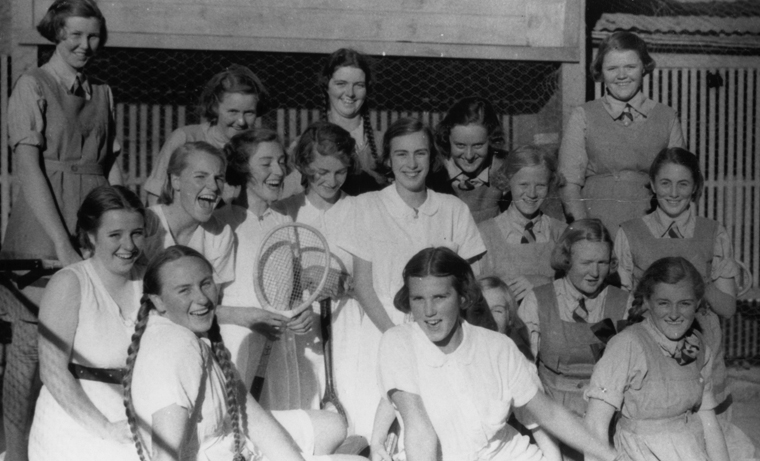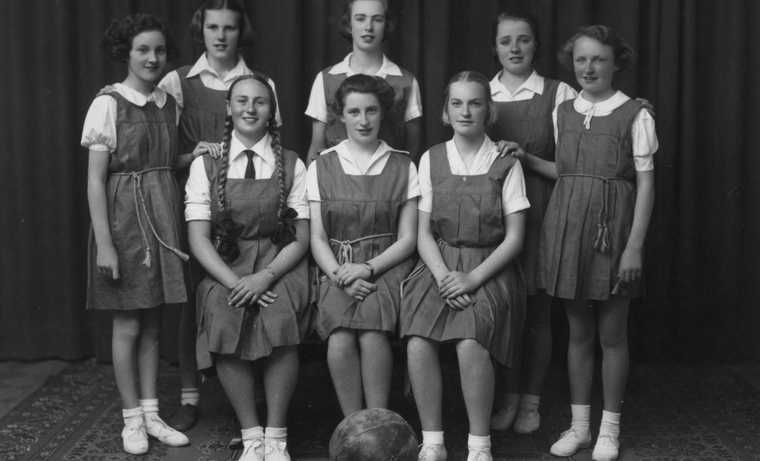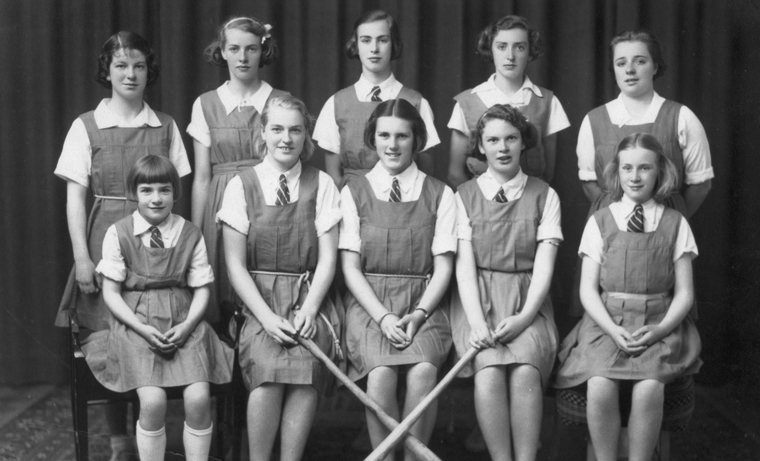In a move that was almost unheard of in mainstream Australian church schools, girls were enrolled as boarders and Box Hill Grammar School became fully co-educational.
In 1933 Walker had four daughters (who were later followed by another two daughters and two sons) and he was a strong believer in the value of co-education. Without making a formal proposal to the church, he went ahead with preparations to implement his co-education plan.
His reflection, years later, was:
‘I think that probably the basis of my interest in co-education was its social value. Why should boys and girls be separated in school I asked myself, when cooperation between the sexes is such an important social factor in adult living?’ (Walker: ‘On Education’, in Essays, 1970)
In the 1985 book Farmers, Ringmasters and Builders, Dick Cotter writes:
‘It should be recognised that Walker’s was a brave decision. It is true that co-education in the 30s was not as shocking an idea as it had been in the past. Nor was it novel since the Education Department offered its segregated version to the general public. It is important, however, to appreciate that there were very few co-educational schools run by churches when Walker accepted girls … the Methodist Church at the time, had not even developed a policy on the matter.’







